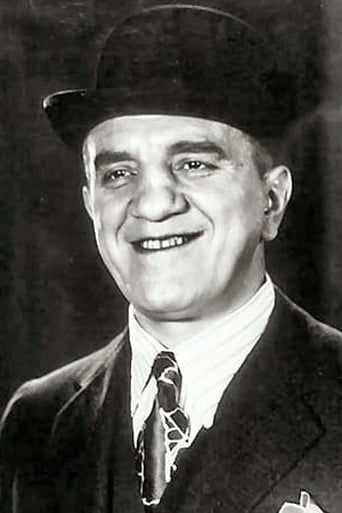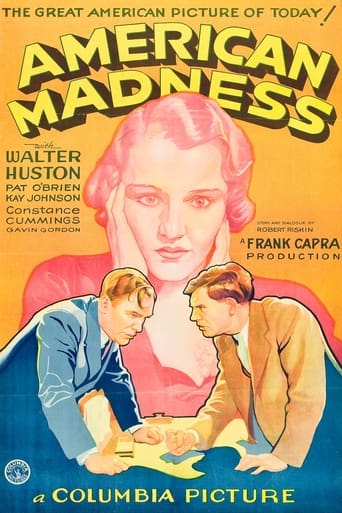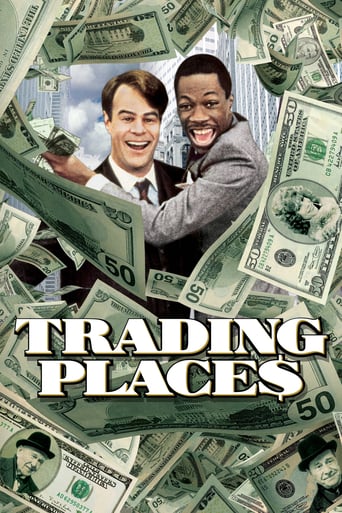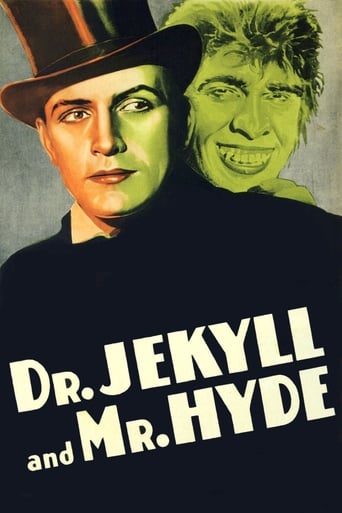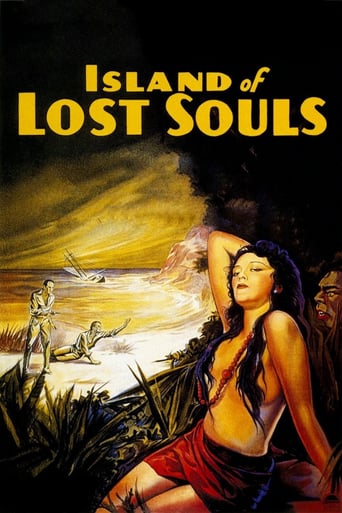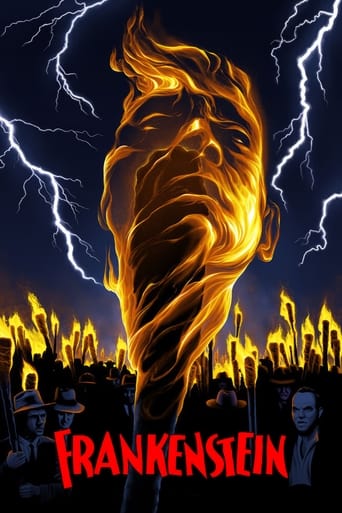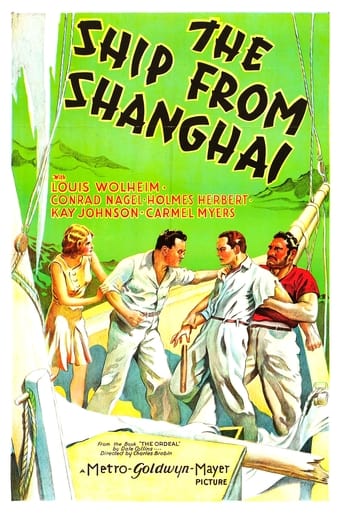
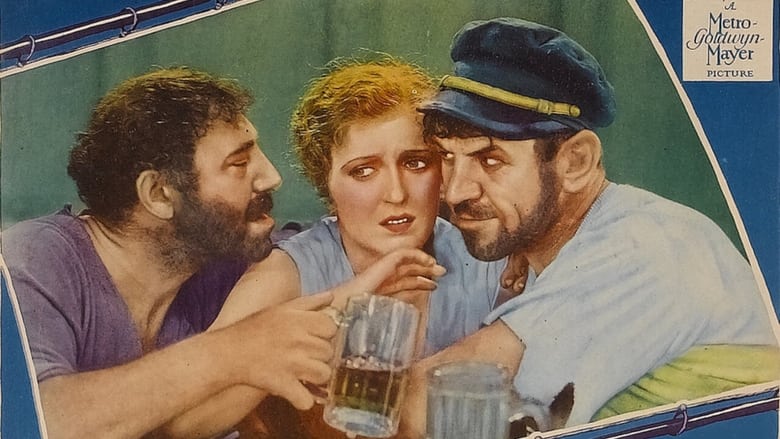
The Ship from Shanghai (1930)
On a yacht sailing from Shanghai to the United States, the sailors, led by the megalomaniac steward, revolt and take control.
Watch Trailer
Cast


Similar titles
Reviews
Some of the reviewers found it hard to place themselves in a 1930 audience. Remember, studios thought that as much music as possible should be added even to the most stolid plots. The question is, did the film work? I say yes. Conrad Nagle was excellent in playing the worldly, self-absorbed elite. Kay Johnson shows she was one of the best early talking picture leads. But the film belongs to Louis Walheim who has the role of his career. His descent into madness is amazing. The final scenes between him and Johnson squeeze every emotion dry. By today's standards it's over the top but by 1930s standards it has few equals. While the film is not altogether successful, the acting, cinematography and even the early sound demand appreciation.
Yes, this early talkie is not the smoothest production to watch. And some of the acting could have been more subtle. But I found it interesting to watch--mostly because it represents an historic era in filmmaking.The story is about a small group of idle rich who decide to sail a yacht across the Pacific. During the trip, they are ignorant of the crew's dissatisfaction with the way they are treated. The steward, Ted, especially is resentful of his lot in life. He privately vents his anger over having to wait hand and foot for people who, he feels, are no better than he. Due to uncontrollable circumstances, the situation changes. Class distinctions break down and Ted makes a power play, motivated by revenge and his perception of "justice".Variations of this story have been filmed numerous times since, which makes me wonder if some of them originated from this film. There are definite similarities between this film and "Swept Away", which I heartily recommend--the original directed by Lina Wertmuller.
I guess I am in the minority. I thoroughly enjoyed the movie, an early look at mutiny and class disparity. I disagree with other reviewers, in that I didn't find myself sympathetic to either side. I also disagree that somehow the movie takes a turn toward the rich side of the argument. I find both sides were equally abominable even and up until the end. It is a very interesting look at an issue that is very poignant even in 1930.The rich are still feeling their superiority and the workers are merely asking for their equal treatment. The workers are asking for respect, to not be called "beast" and "monster". The rich do not seem to understand that even at the end. It's unfortunate that many people cannot see that this is all that they want. Both sides are equally duplicitous through the entire movie.
Written by Hollywood Ten screenwriter John Howard Lawson, this crackles with class resentment. The blasé privileges of wealth: i.e. Going to the office at eleven and working furiously until noon, are thrown into a maelstrom of class war. It starts with the usual, per the period, bunch of night club swells dressed to the nines, blithely decide to take a yachting journey to San Francisco. While they talk about the crew in disparaging terms, the steward seethes at being ordered about, being blamed for their faults, etc. While the rich lounge on deck drinking highball, the crew is restricted to the heat of below decks. A storm, which the rich welcome for a bit of excitement, seriously damages the ship, giving the steward the opportunity to mutiny and take over the ship reversing the situation. Its clear that Lawson was writing a parable of Class War. Its always been my hypothesis that early talkies became unpopular not because of their crudeness because of the early recording equipment, but because the subject matter, mostly 1920s theater, was made instantly passé by the depression. Men in white tie at the country club dance, fluttering flappers trying to decide between one vapid stockbroker or another. These became chokingly irrelevant in the depression. Here this begins in the same way but gets down to the ugly truth quite quickly. That this wasn't popular at the time is obvious. The O'Neill type ending doesn't help. Lawson was to take a lesson from this and spread Communist propaganda in more subtle ways later in his career. He was, however, just as doctrinaire, becoming the head of the Communist Party cell in Hollywood.


